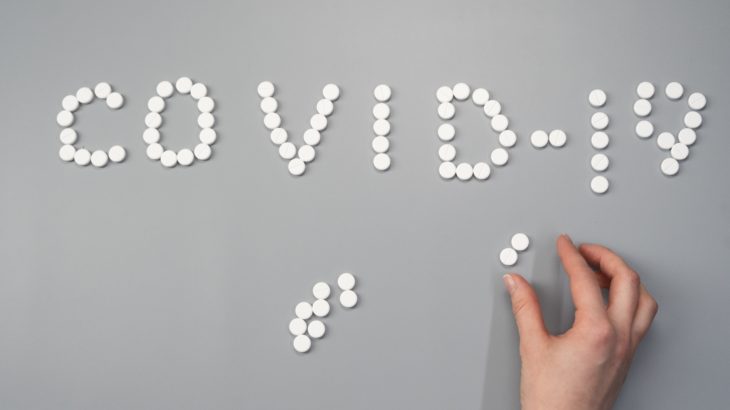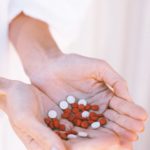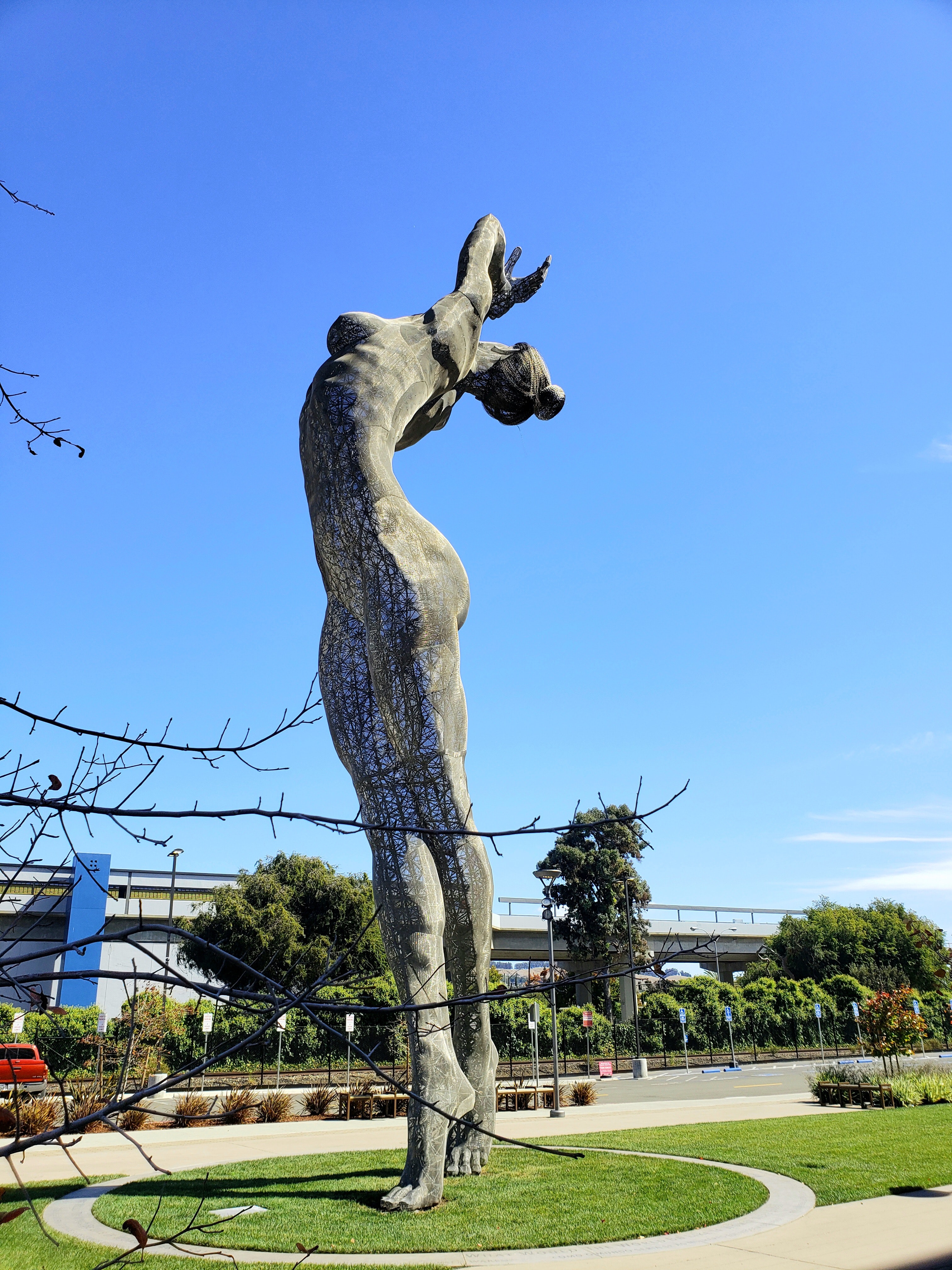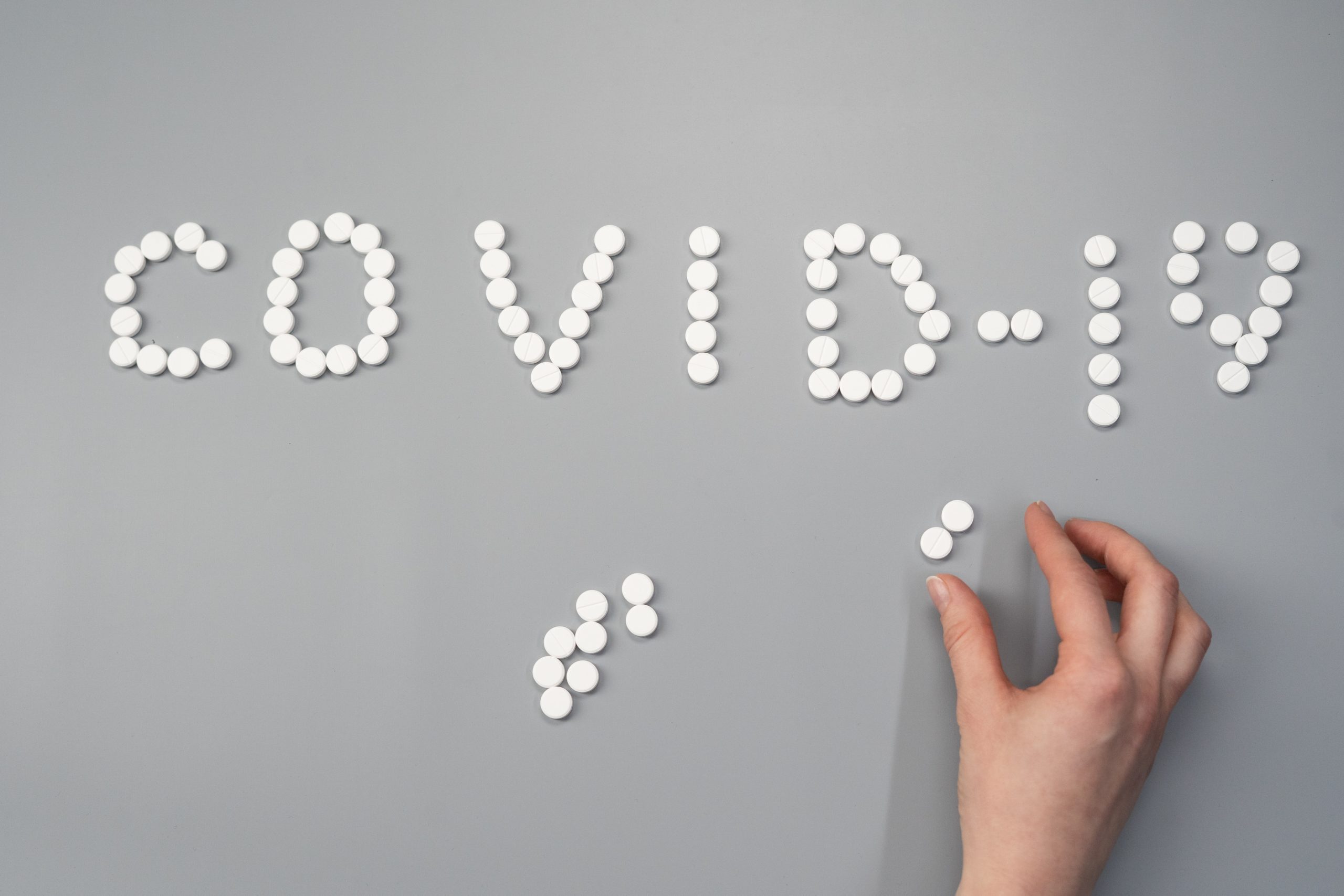Last night I picked up a book on my night table “somatics” by thomas hanna. I was reading a chapter entitled “Expectation: The Role of Mental Attitude” in which he describes the history of the placebo effect:
” It means “I shall please,” and it was taken from the liturgy of the Catholic Church, in which the priest said, “I shall please the lord…” By the nineteenth century it was being used by physicians to refer to any ineffective substance given as “medicine,” not to cure, but merely to please, the patient…These substances, which were not supposed to have any effect, actually succeeded if the the physician cajoled the patient into believing it would… This is the placebo effect.”
Carefully controlled studies in pain reduction have found that when they compared the effects of morphine to the effects of a placebo pill, the placebo was 56% as effective as a dose of morphine. Similar results were obtained comparing placebo effects with those of aspirin(54%), codeine(56%), and Darvon (45%). Studies showed no matter what the analgesic drug, the effectiveness of the placebo was always proportional. Scientists asked what could cause such a powerful analgesic effect? They found it was one thing, expectation. According to hanna:
“The influence expectation has on people is so consistent and widespread that the pharmaceutical industry automatically takes it into consideration when it does drug testing. In the lab, there is a double-blind arrangement. Neither the testers nor the subjects know which is the real drug and which is the placebo.”
Not only are placebo effects seen in pharmacology, they even are are seen in surgery. A medical study done by H. Beecher, “Surgery as a Placebo” in the Journal of the American Medical Association, showed how placebo surgery was used to reduce the pain of angina pectoris. Placebo effects have also been seen in the practices of biofeedback and psychotherapy to address anxiety, edema, tachycardia, vasoconstriction, phobias, and depression.
The prevalence of the placebo effect in clinical medicine helped create the science of psychoneuroimmunology which hanna explains:
” the immune system is not isolated in its functions, but has a working relation with the central nervous system. In addition, emotions, attitudes, and other conscious states trigger certain neurotransmitters which, in turn, affect the immune system-hence the science’s name, psychoneuroimmunology”
The basis of psychoneuroimmunology is that a state of consciousness, such as expectation, can cause changes in both the central nervous system and the immune system. Thus the attitudes and beliefs we have about our bodies and our health vitally affect our ongoing state of our bodies and our health. This has been referred to as the “self-fulfilling prophecy”, when what we expect to happen does happen.
So how does this apply to COVID-19? Cultivating a more positive outlook can help to strengthen your immune system. Specifically, having a less fearful expectation about contracting COVID-19 may help reduce your chances of getting it and hopefully will help you recover from it more quickly if you do get it. Try not to let yourself be consumed by fear and practice these 7 tips for staying positive in these uncertain times from Psychology Today:
-
Write in a gratitude journal everyday
-
Listen to music you enjoy
-
Share positivity by sending out one thank -you email or doing a kind act every day
-
Challenge your negative thinking
-
Smile
-
Follow your passion
-
Meditate
In addition to thorough hand washing and social distancing, let’s all try practicing the power of positive thinking to help ourselves, our loved ones, and our world survive COVID-19. What have we got to lose?











Did you know that placebos can also have a negative effect resulting in the recipient experiencig negative symptoms – know as a nocebo? If you’re interested how it works, check out this book – net-bossorg/the-power-of-the-placebo-effect-by-randy-baker
Thanks, Nancy! Very appealing suggestions on how to keep on keeping on :)) I feel showered upon by your generosity and spirit, not to mention a long-lasting friendship.
Thanks Beth! Thanks for all your support and friendship too!
Thanks Nancy, this is great and I hope to forward to some friends. I also like the comment from Susan about sending friends what was positive today…
This all rings true to me!
Much love,
Pamela
Thanks Pam! Holding you in my heart in these extra challenging times. XO
Thanks Ann! Great ideas!
all helpful suggestions, and don’t listen to news all day, and cook some comfort food, plus I walk my dog!
Yes I am eating more being at home all the time!
Yes to having a positive mental attitude. A former colleague of mine and I began to send “Today’s Positives” t one another each night for the past several days. This simple positive act has reminded me of the greatness in my life to which I have much gratitude for. I plan to send this blog out to a few dear friends who are super stressed about what may happen to inform them of how their attitude is affecting their nervous system and their nervous system.
Thanks, Susan! Yes gratitude is so important right now.
Thanks for sharing my post!
Thanks, Nancy! Well done and helpful. I wish you and your loved ones good health 💟
Thank you, Jackie!
Thank you my friend. You can be my positive email expressing gratitude today…❤
Ha! Love it.